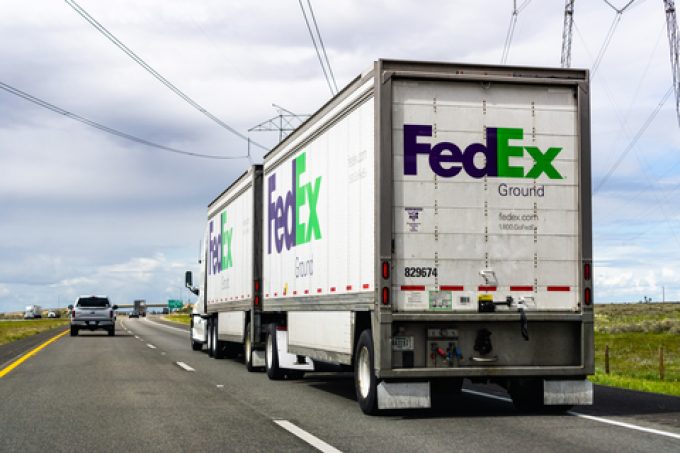FedEx brings Christmas forward – but there's no 'ho ho ho' from shippers
Christmas is coming early – according to FedEx – or rather, it’s coming early for ...

The battle between FedEx and the largest contractor of its FedEx Ground unit has veered further into absurd theatre.
Following a lawsuit by the integrator against him, recently dismissed contractor Spencer Patton has now launched a poll of contractors that centres around a vote of no confidence in unit CEO John Smith.
Mr Patton is head of Patton Logistics, which until recently employed drivers to run a fleet of 275 trucks working for FedEx Ground in ten US states, which made him ...
Maersk Air Cargo sees volumes fall as it aims for 'margin in favour of revenue'
Keep our news independent, by supporting The Loadstar
Container spot rates diverge: to Europe still falling, but firmer to the US
Hapag-Lloyd won't take bookings if port congestion leaves cargo stranded
Ecommerce likely the front-runner in resurge of transpacific trade after deal
Volume surge and an early peak season? 'Don't celebrate too soon,' warning
China-US trade tariff pause could drive a rebound for transpacific rates
Airfreight players eye new routes as demand on the transpacific nosedives
Service chaos from trade ban with India a problem for Pakistan shippers
Airfreight rates ex-China 'loss-making', but hopes of a trade deal stay high
Indian coastal freight attracts major carriers, but regional tension disrupts
Serious threat to jobs in US logistics as tariffs cause economic 'stagflation'


Comment on this article